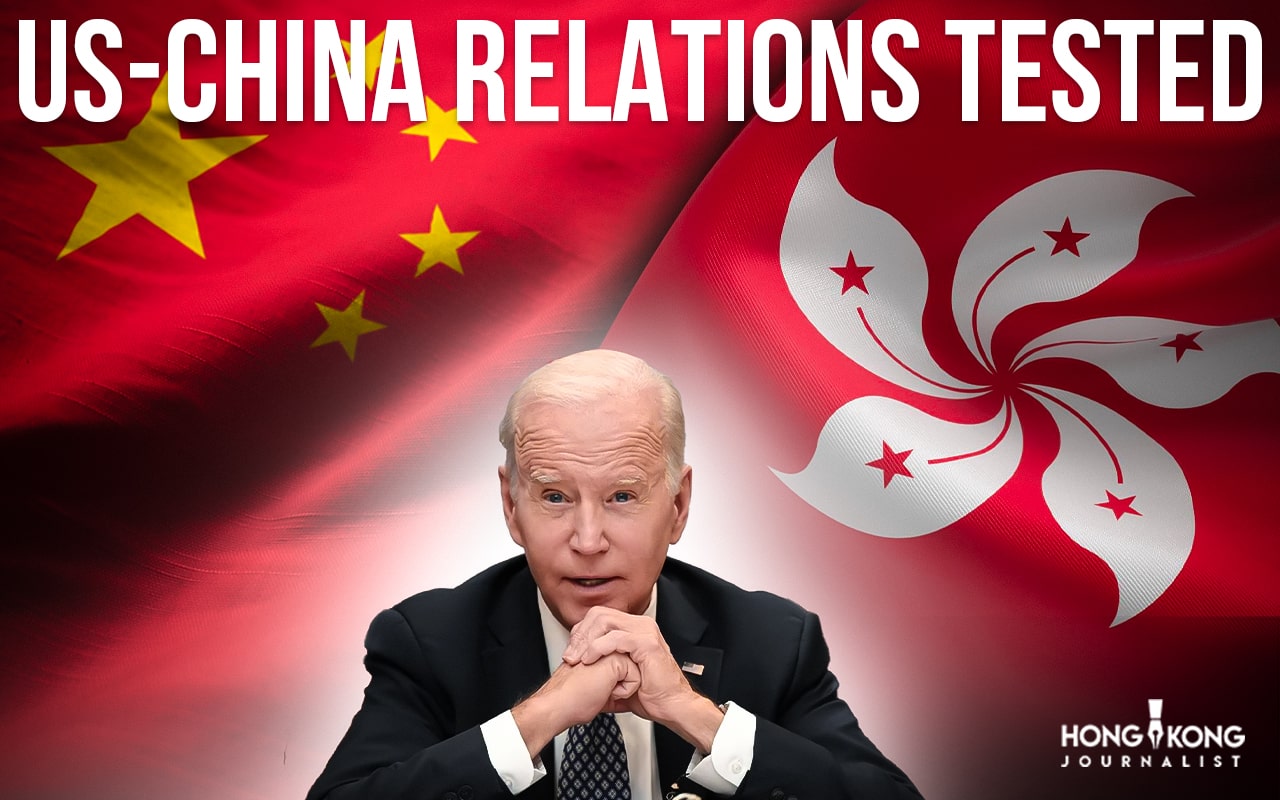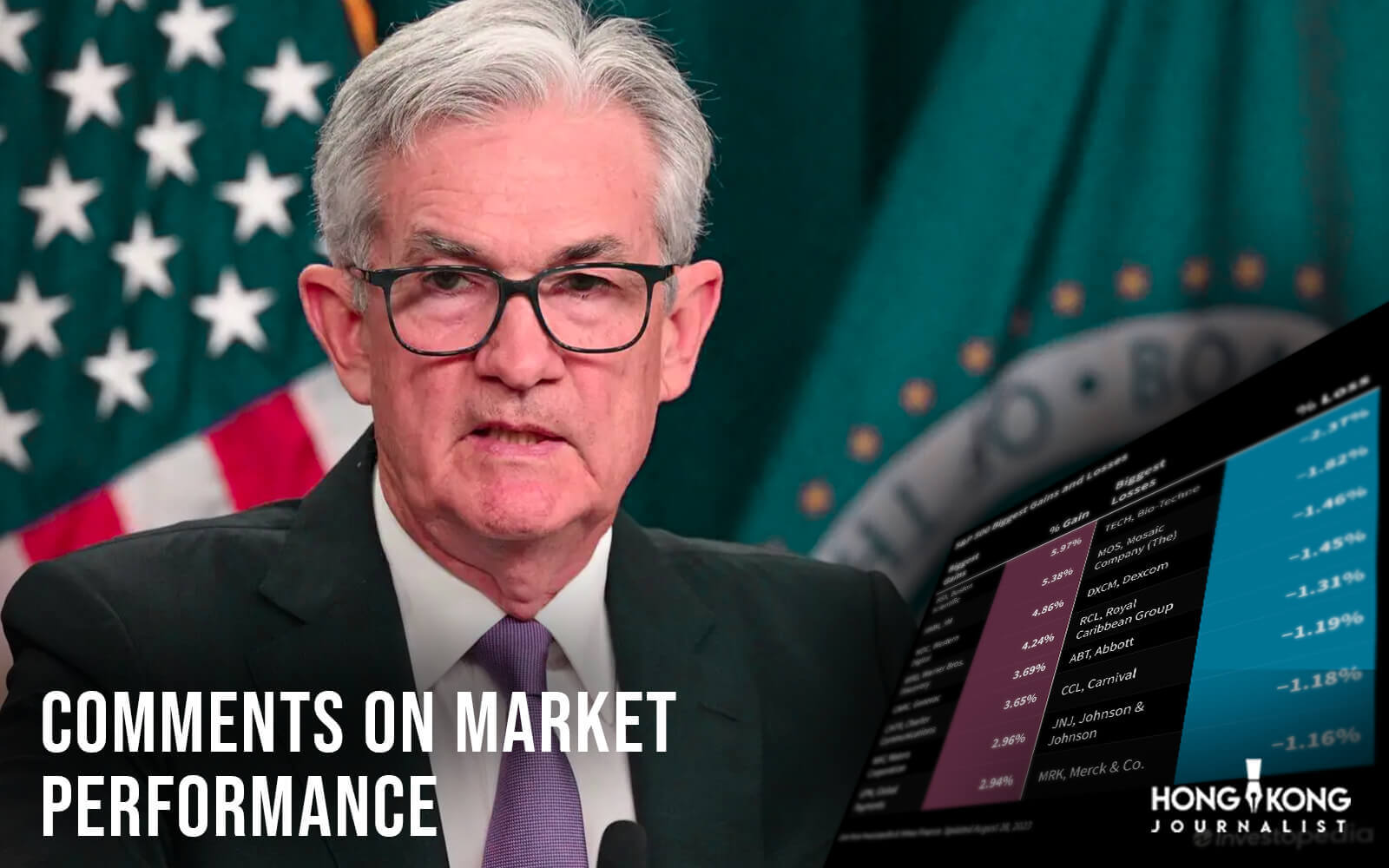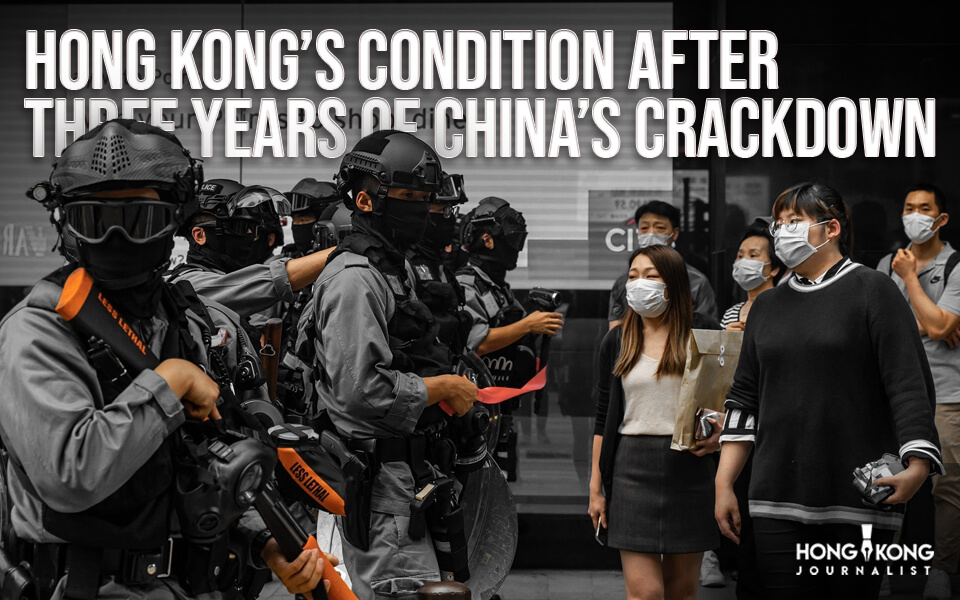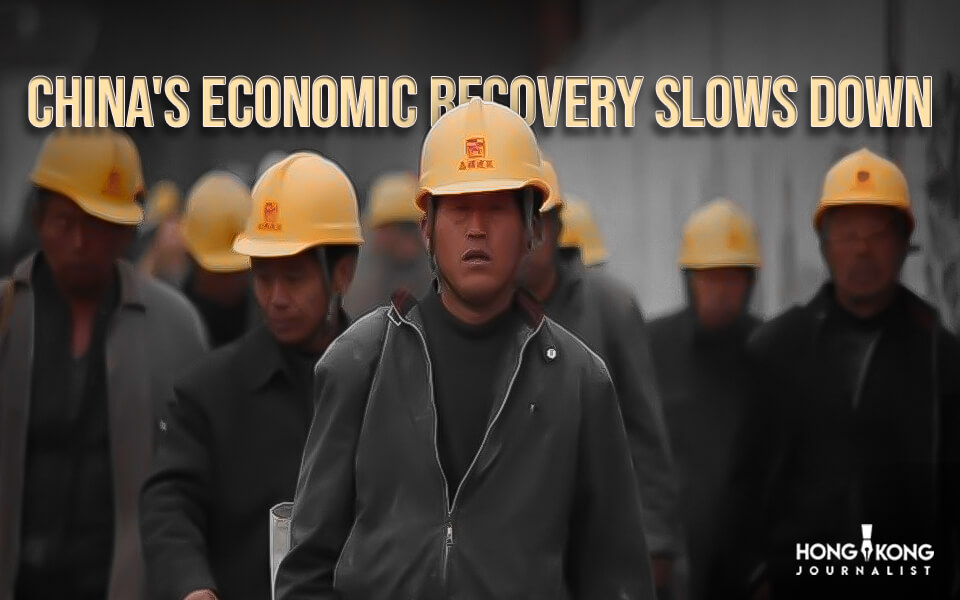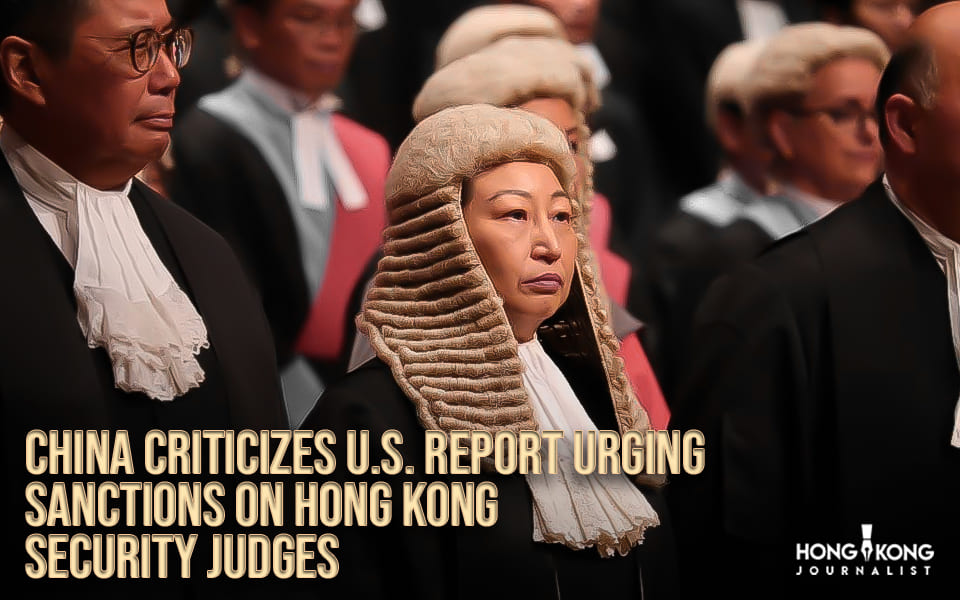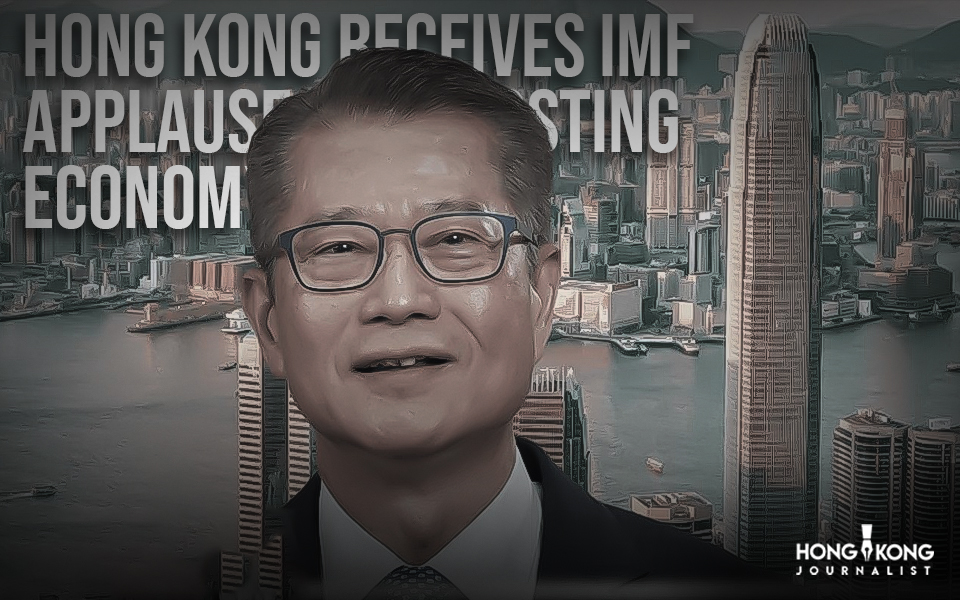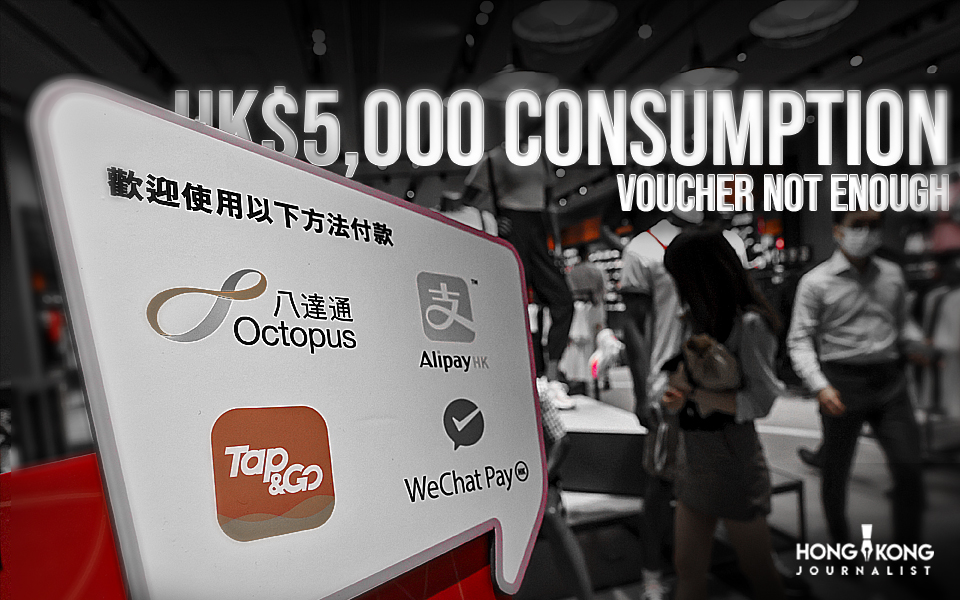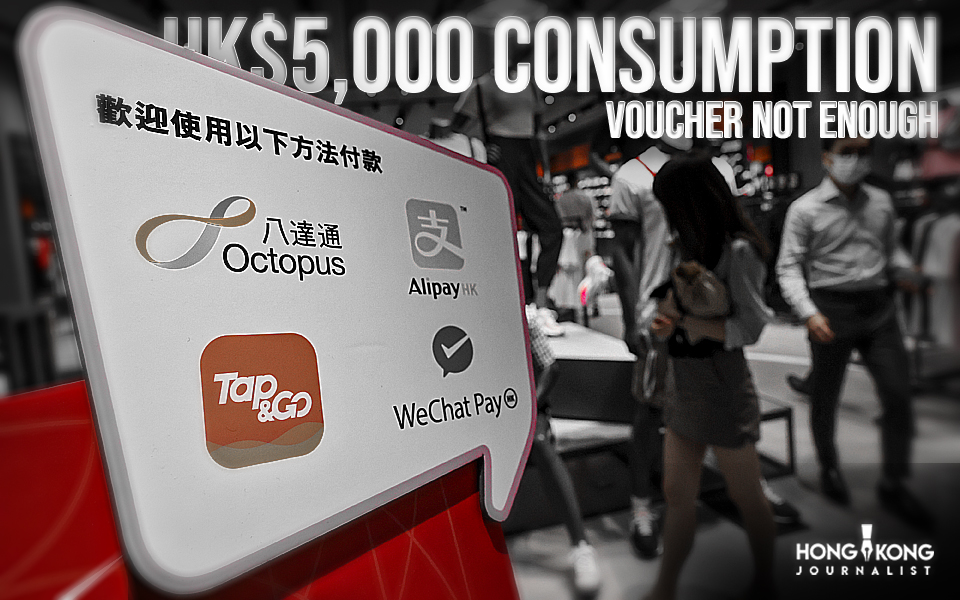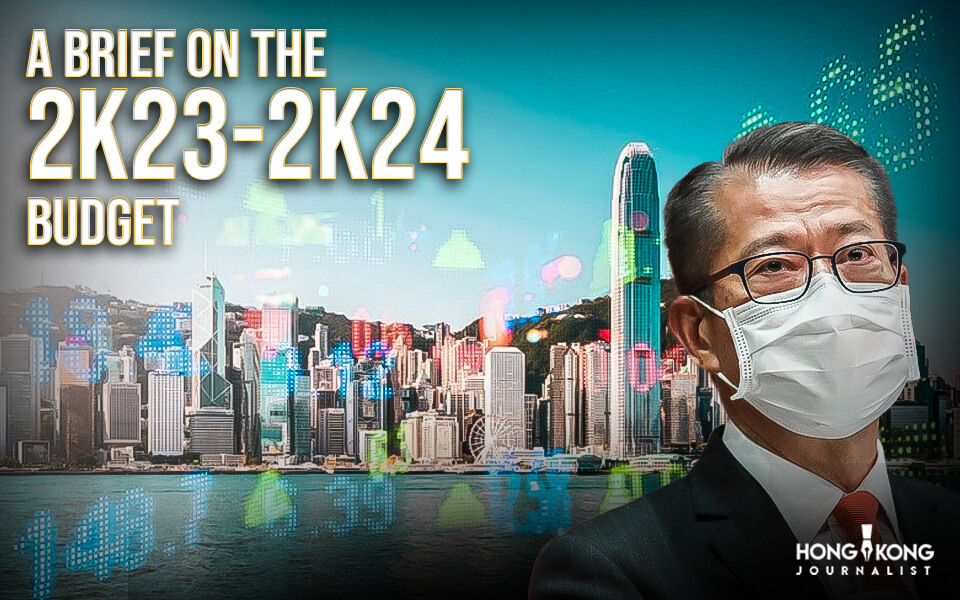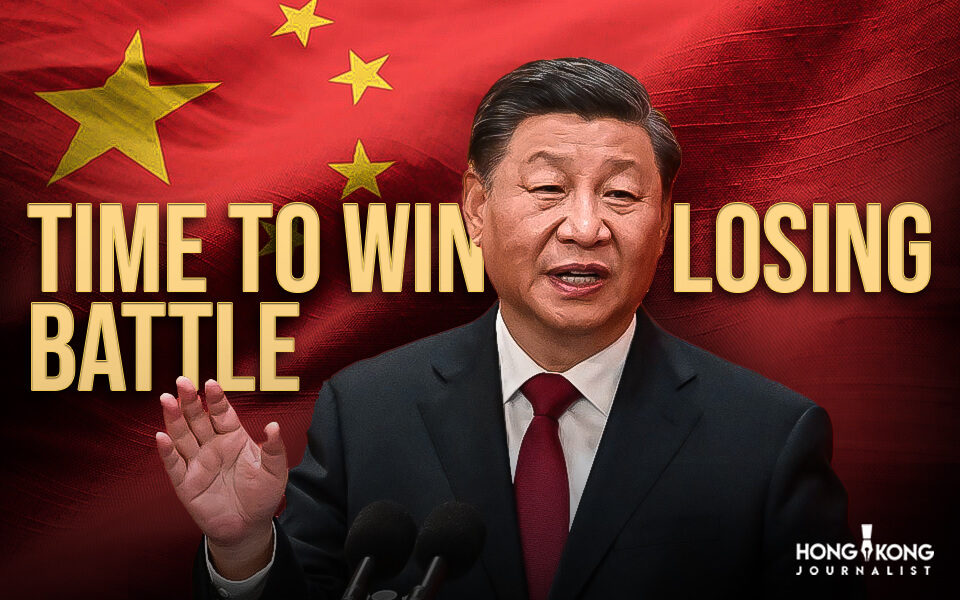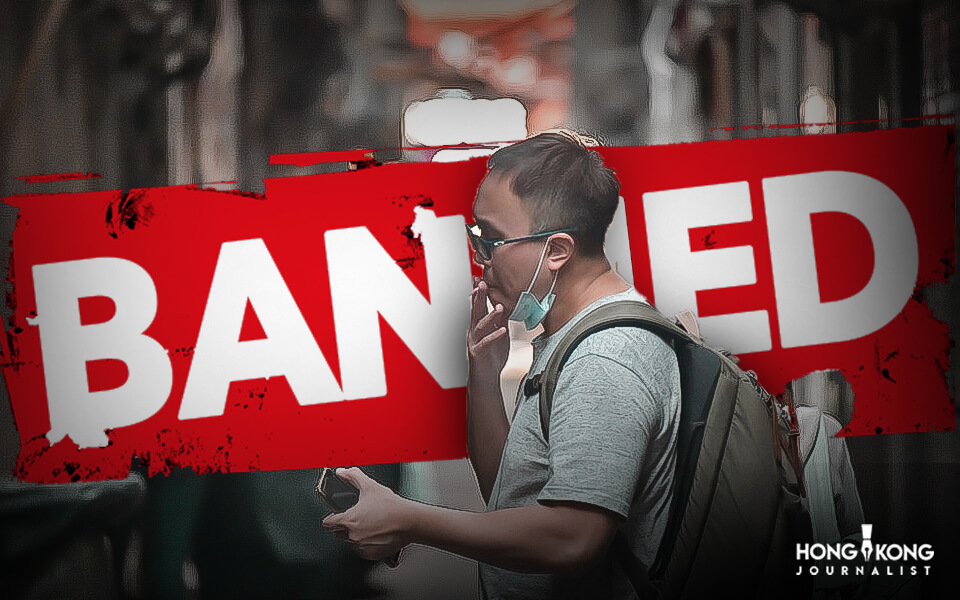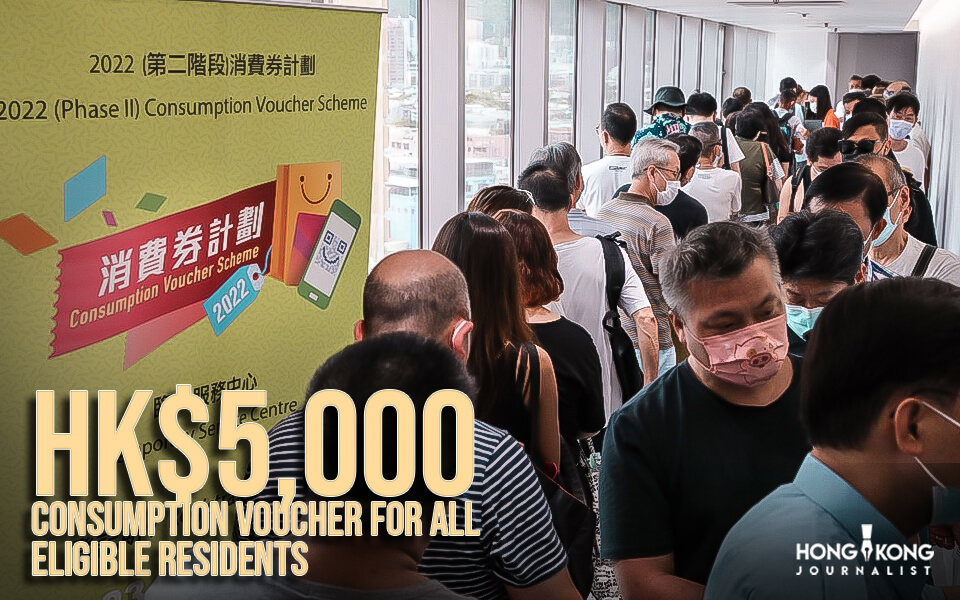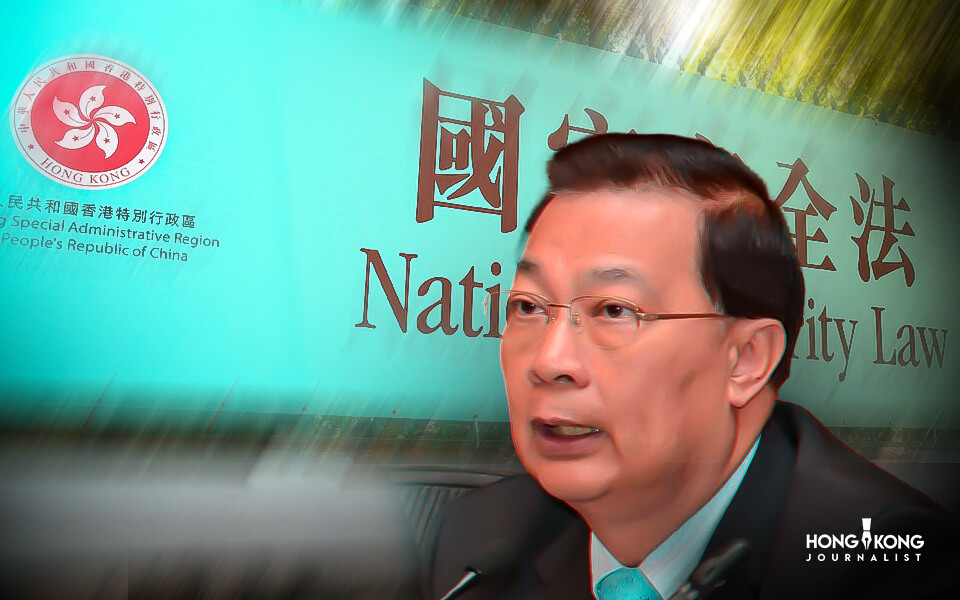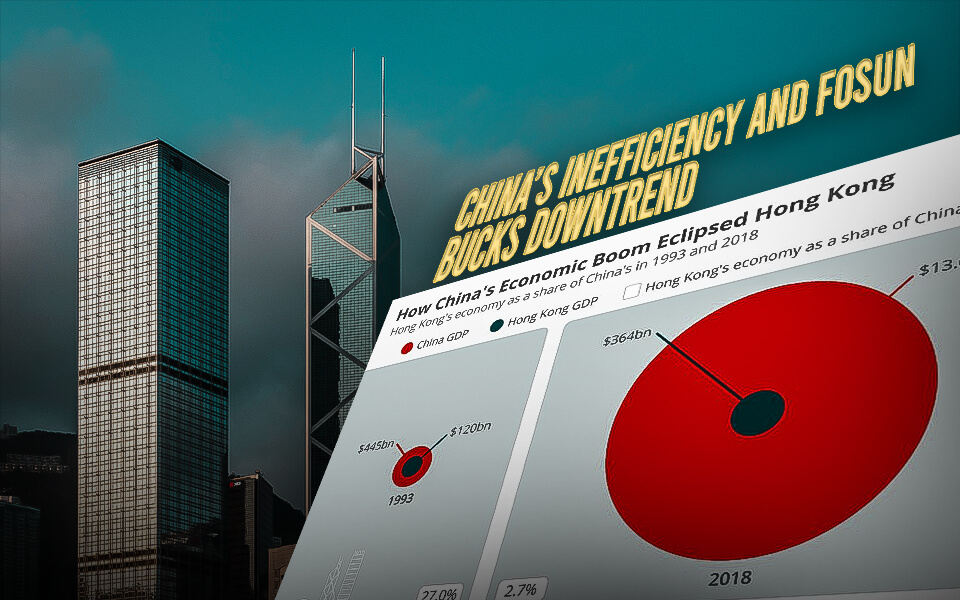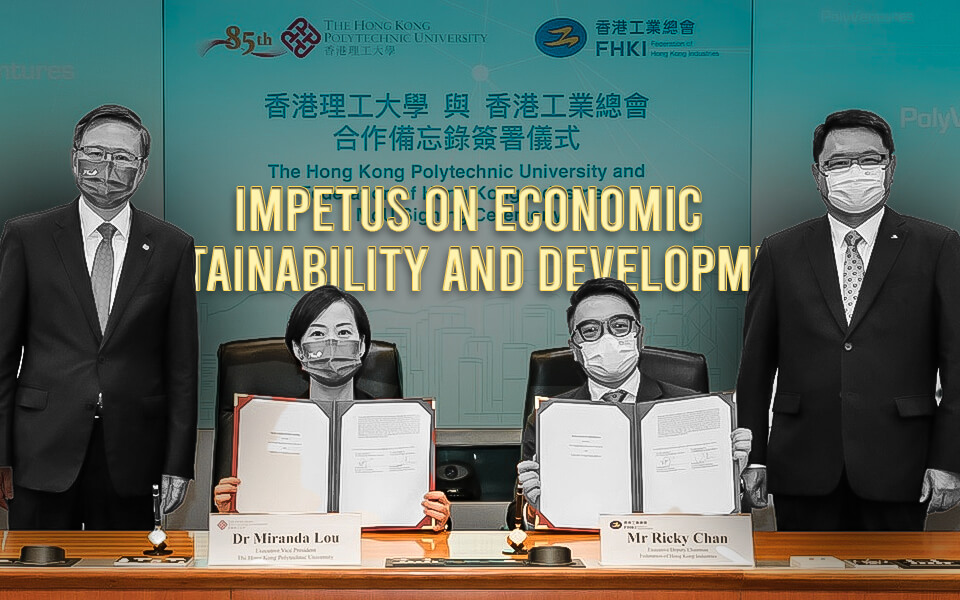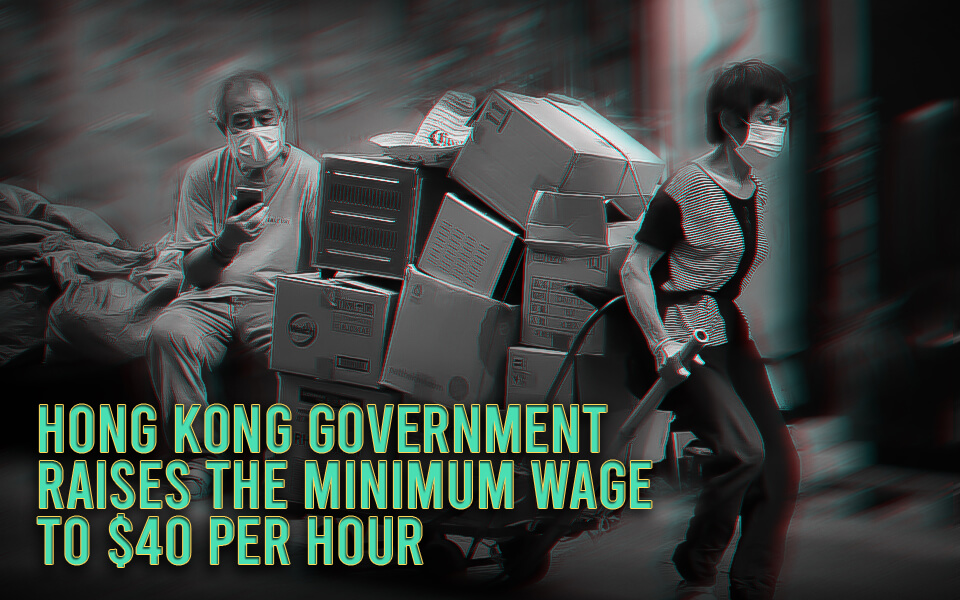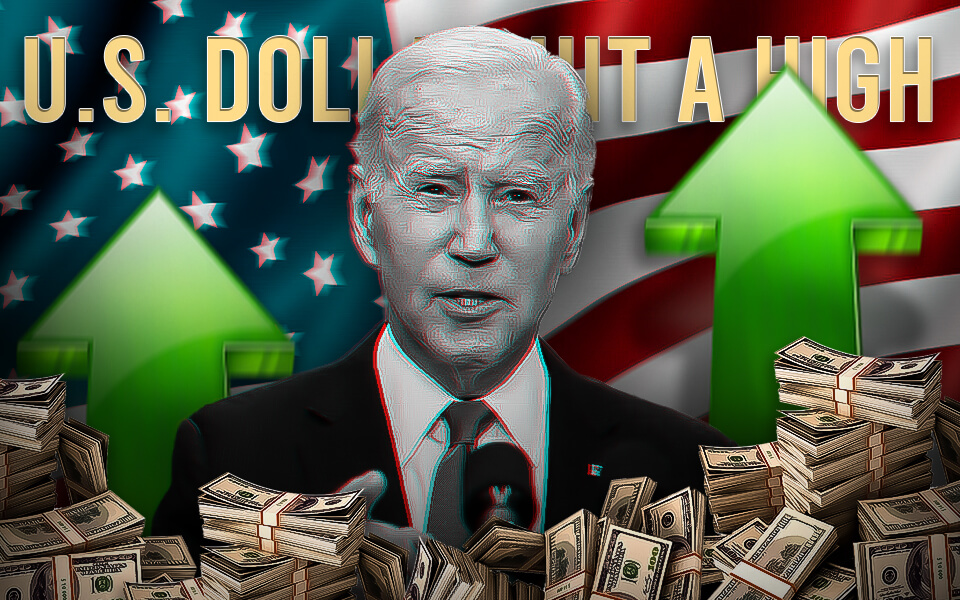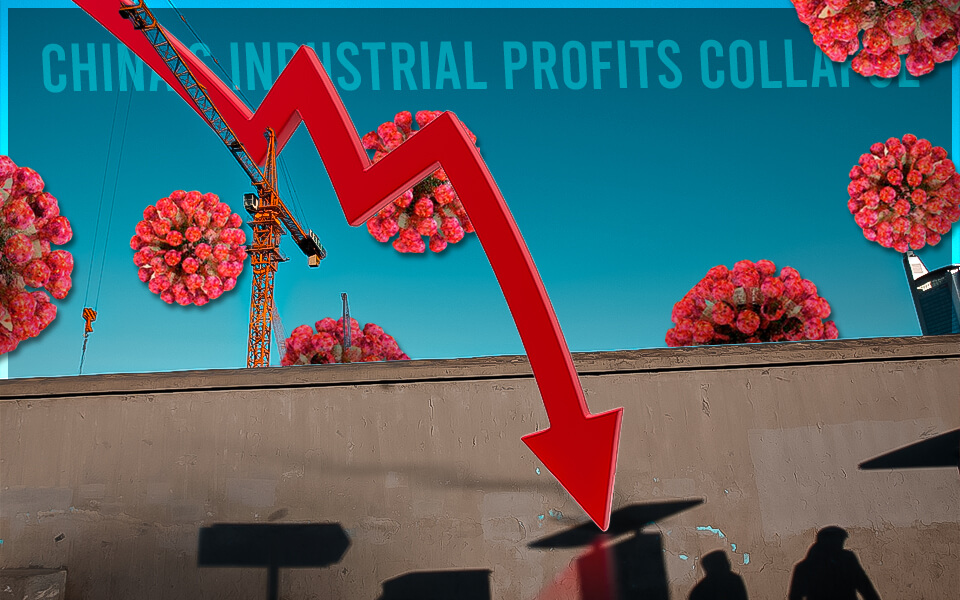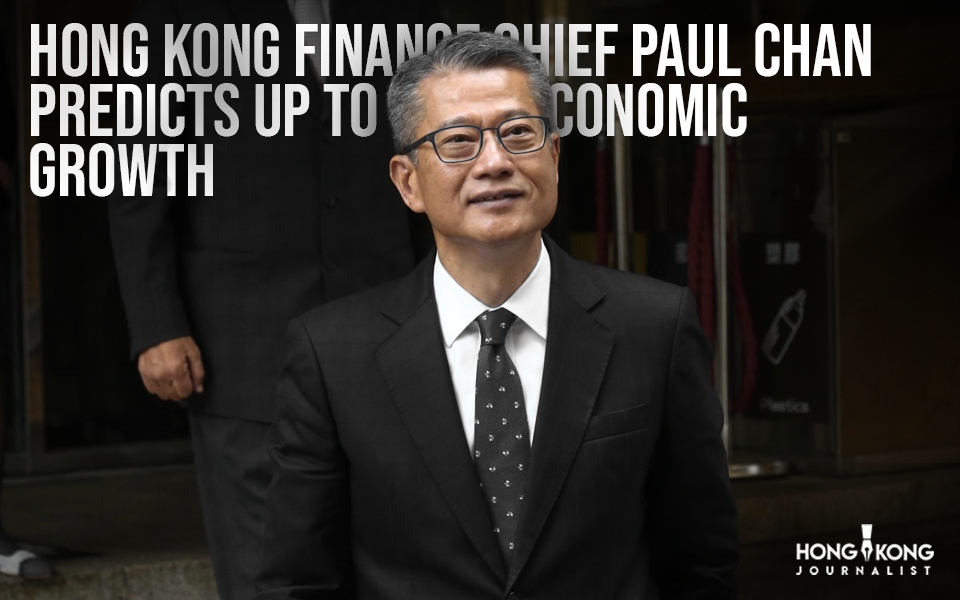
The financial secretary of Hong Kong expressed optimism about the performance of the city’s economy this year, and estimated further growth might be possible if international tensions do not intensify.
Paul Chan Mo-po’s most recent evaluation came after the Legislative Council on Wednesday approved his budget for 2023–24 with a vote of 8–0. Tik Chi-yuen, the lone non-establishment member, is a part of the moderate Third Side party.
Chan thanked lawmakers for backing the budget and said that the financial blueprint would “allow us to implement the series of measures proposed in the budget to boost the economy and relieve people’s livelihood.”
He emphasized that the government would increase support for domestic spending, which includes the “Happy Hong Kong” campaign, in order to “consolidate the strength” of economic recovery.
Chan stated in a budget statement earlier this year that he would provide every eligible citizen with another round of consumption vouchers worth HK$5,000 (US$637). Last month, the first tranche was distributed.
Additionally, there were HK$6,000 in refunds for the profit and salary taxes. 1.9 million people and 134,000 firms were expected to profit from the tax changes, which were projected to cost the government HK$9.2 billion.
Chan added that if the border with mainland China was reopened, it could mean that more tourists would return, which would boost the economy.
Chan said, “We hope more visitors can come to Hong Kong to see for themselves that the city remains vibrant and that it is also a good place to do business.”
“In the past few months since we fully reopened the border, we have received quite a number of overseas business delegations and also from the mainland. The overall sentiment was positive.”
Chan forecasted in February that this year’s economic growth would range from 3.5% to 5.5%.
He declared to Legco on Wednesday that, “If the external political and economic situations do not worsen, we are rather confident that we can see an expansion nearer the upper end of the forecast range for the whole year.”
According to the estimates made public by the Government, Hong Kong’s gross domestic product (GDP) grew by 2.7% in real terms during the first quarter of 2023, compared to the same period in the previous year. This contrasts with a decline of 4.1% in the 4th quarter of 2022.
The Government attributed the growth to a “visible increase in domestic demand”.
On May 12, more precise economic data for the first quarter of the year, and an updated GDP growth forecast for 2023 are expected to be made public.
Despite his optimism, Chan cautioned lawmakers that Hong Kong needed to ensure sound risk management, in the light of potential dangers from a dismal outlook for the world economy, and rising tensions between nations.
He specifically mentioned geopolitical issues, rising interest rates in the US, and tightening purse strings globally.
“These problems are going to stay for some time,” Chan predicted.
The market anticipates that the U.S. Federal Reserve may raise rates this week by another 0.25 % points. Uncertainty in the financial markets has also been brought on by an impending debt ceiling problem in the United States, since resentment between Democrats and Republicans fueled worries about a probable default.
Chan’s quotes:
“Internally, in the short and medium term, we have manpower and talent challenges,” “The supply is tight. Land supply is also tight in the short term. This can constrain our development.”
He had estimated a HK$139.8 billion deficit for 2022–2023, and predicted an additional HK$54.4 billion loss for 2023–2024. Chan assured lawmakers that Hong Kong’s finances were still “very sound,” and that there was no reason to be concerned about immediate problems.
According to him, the deficit for 2022–2023 was equivalent to 5% of the city’s GDP. Tik stated that the Government’s policy decision to reduce financing for welfare organizations made him unable to endorse the budget.
He also criticized the administration for not establishing objectives to reduce poverty.
“The government is leading us to nowhere if it fails to set a target, like how many people you are planning to help get out of poverty,” Tik said.
Chan, however, argued that the government has made significant efforts to improve the situation for the less fortunate.
He also mentioned that, “In the past five years, our recurrent spending on social welfare services has increased by more than 50 percent.”
- Published By Team Hongkong Journalist

